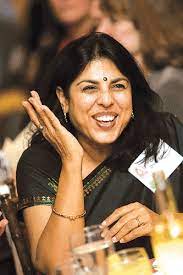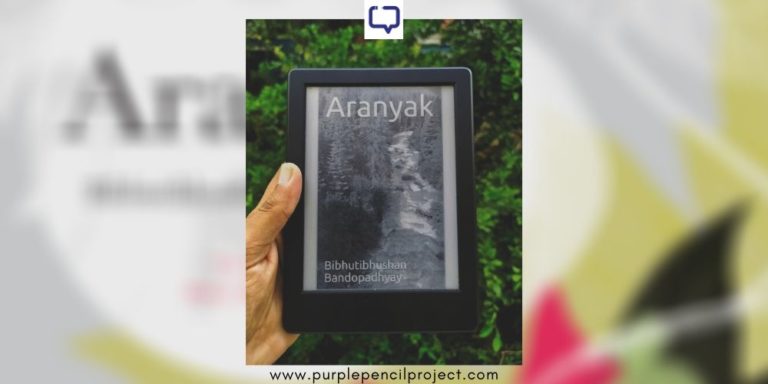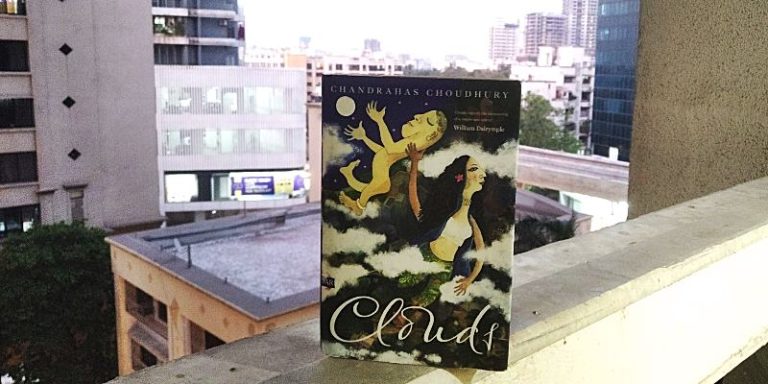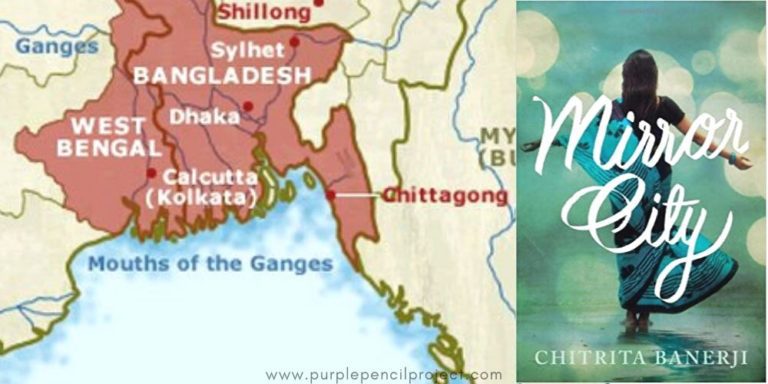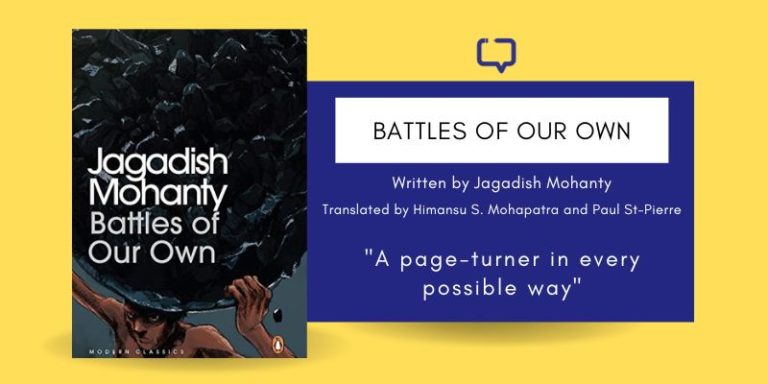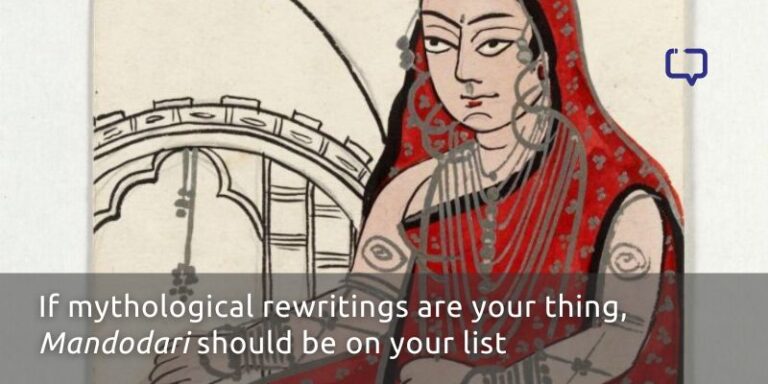A Palace of Illusions is a reimagining of the world-famous Indian epic, the Mahabharata —told from the perspective of an astonishing woman, Draupadi. Relevant to today’s war-torn world, The Palace of Illusions takes us back to a time that is a wholly magical, half myth, and a half history.
We encourage you to buy books from a local bookstore. If that is not possible, please use the links on the page and support us. Thank you.
The novel explores princess Panchaali’s world, starting with her birth in heat and following her lively balancing act as a woman with five husbands who have been cheated out of their father’s realm. Panchali is swept into their quest to claim back their birthright, remaining at their side through years of uprooting and a frightened civil war involving all the influential kings of India.
It gives us a new interpretation of the ancient tale narrated by Panchaali, the wife of the Pandava brothers in the Hindu epic Mahabharata. From the story of her magical birth in a fire to her final moments, as she brings an end to the Third Age of Man, Panchaali bears witness to her fate with insightful observations and a powerful heart.
In giving her a voice, and a chance to tell her own story, Divakaruni heralded in Indian Literature a trend of reimagining the Hindu epics.
The hurt and the joy of relationships
The novel from the time of her birth which is narrated by her Dhai Maa, poignantly spells out how her father rejected her at the time of Yagna and how he welcomed her brother Dhri. This sense of pain and rejection will last her a lifetime.
As each snippet of her story plays out, we understand a little more about her relationships with the many people in her life. Her planned duels with her mother-in-law, her intricate friendship with the enigmatic Krishna, or her secret attraction to the mysterious man who is her husbands’ most menacing enemy.
The two relationships which stand out, and perhaps don’t feature as much in popular discussions of the Mahabharata are her friendship with Krishna as he helps her through the many hardships, and her affection for Karna, a fan-fiction favourite.
The star of the show
As a feminist retelling of the Mahabharat, it is of course Draupadi’s own characterization which stands out. It is a testament to Divakurni’s research that she was able to carve out a multi-dimensional character, complete with her flaws, her hatred and her desires, in as real and raw a manner as possible.
The readers ride this emotional journey too, as they live through Draupadi’s friction with her childhood time, her marital life, her role as a pawn in the game of the greatest mythological war, her feelings towards fratricide and more.
Draupadi tries pretty firmly to oppose the social structures around her. All this is done with a narrative flair that keeps the reader hooked; for example, when she develops on popular folklore and uses Draupadi’s secret love as a critical plot point in the novel.
Conclusion
In a nutshell, this is an excellently written retelling that will illuminate the readers’ minds and souls as well as keep them amused throughout the chapters of the novel.
Best Quotes
“I tried to hold on to this compassion, sensing its preciousness, but even as I reached to grasp it, it dissipated into wisps. No revelation can endure unless it is bolstered by a calm pure mind- and I’m afraid I didn’t possess that”.
Also this one:
“You could also call it waking,’ Krishna continues. ‘Or intermission, as one scene in a play ends and the next hasn’t yet begun”.









